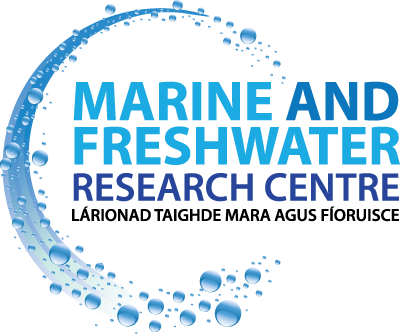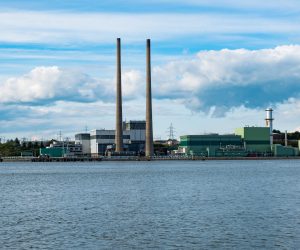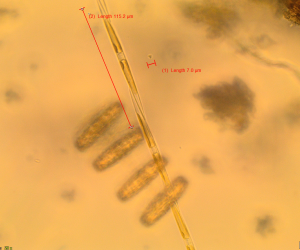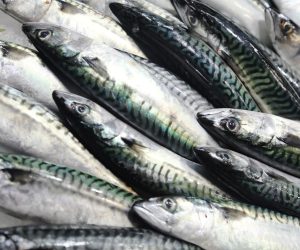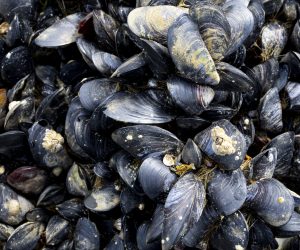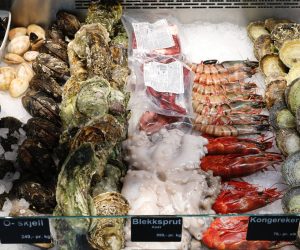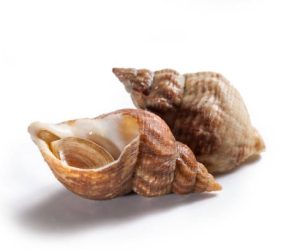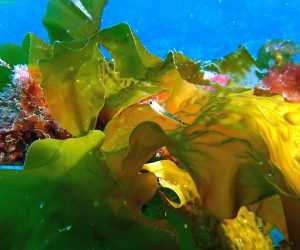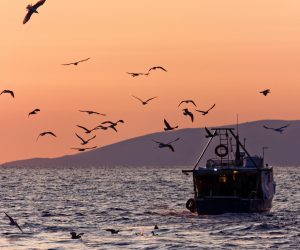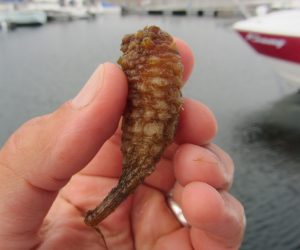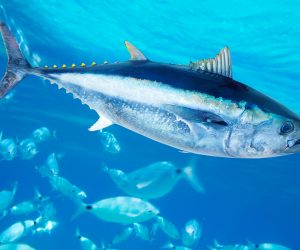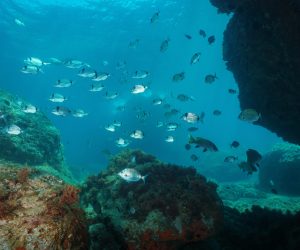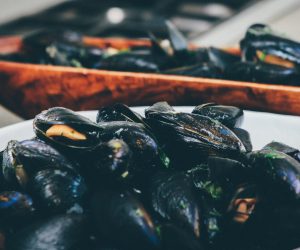In my role as the strategic leader of the Marine and Freshwater Research Centre I work with colleagues to develop the Centre’s research programmes and build collaboration with partners, nationally and internationally. I am principal investigator and postgraduate supervisor on several projects within the Centre and mentor a number of postdoctoral researchers. I also lecture in the Department of Natural Resources and the Environment on programmes including the BSc Hons in Applied Freshwater and Marine Biology, the MSc in Applied Marine Conservation and the International MSc in Marine Biological Resources (IMBRSea)
My research contributes to sustainable fisheries management by strengthening understanding of fish growth, population connectivity and early life history processes as well as the environmental and ecological drivers underpinning their variability. Much of my research uses growth marks and chemical constituents of fish hard-parts to delineate population boundaries, reconstruct life-histories and examine responses to environmental change.
